

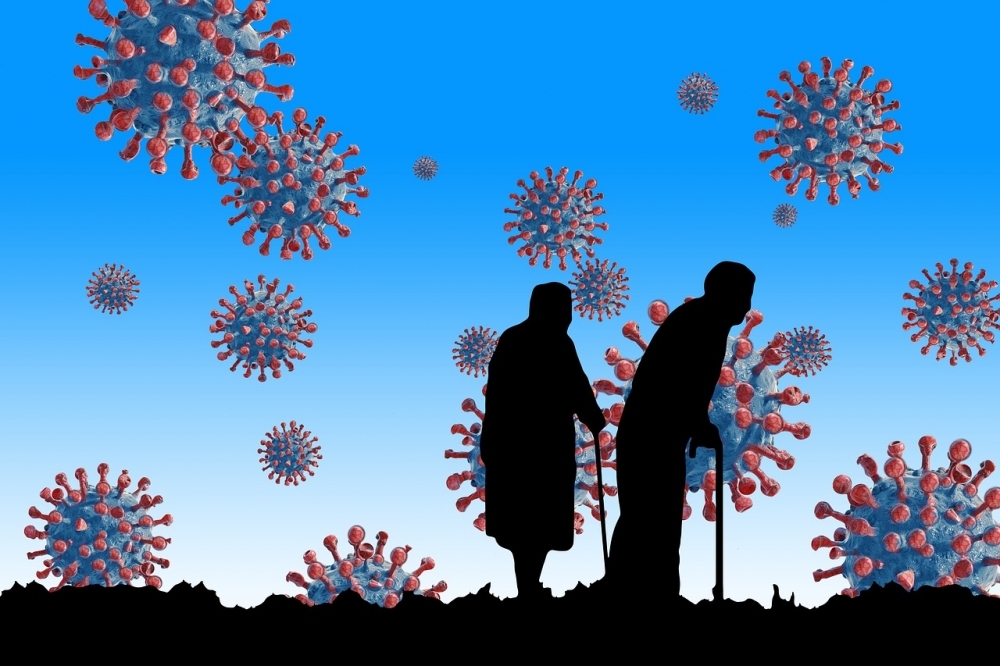
Researchers affiliated with institutions in Brazil and elsewhere analyzed blood work from almost 179,000 people who were tested for the novel coronavirus. They obtained the data from COVID-19 Data Sharing/BR, an open-access repository established by FAPESP.
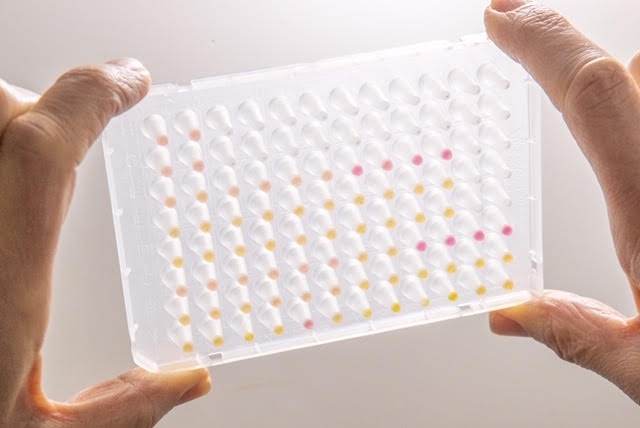
Designed by the Human Genome and Stem Cell Research Center, the novel test may cost a quarter of those based on RT-PCR, considered the gold standard for diagnosis of the disease.
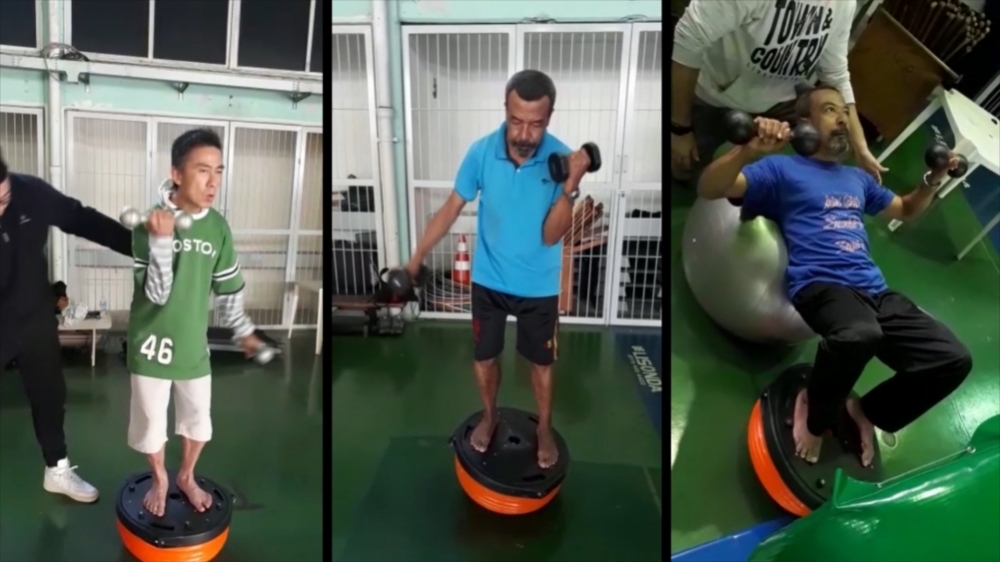
Brazilian researchers use complex training program to stimulate different motor and cognitive skills simultaneously and restore brain regions associated with freezing of gait in advanced-stage patients.

Project led by researchers from Brazilian and American institutions will collect primary data during the pandemic to create a repository that will serve as a basis for future studies. The findings of the comparative analysis will be published in book form.

Integrated with the air quality management tool created by startup Omni-electronica, a collector captures viruses suspended in the environment and submits the air samples to RT-PCR testing. Monitoring of crowded locations combined with indicators created by the firm can contribute to a safer economic reopening.

Researchers isolated eight novel polyphenols from the rarest type of propolis. Two of them were found to inhibit tumor cell proliferation in laboratory assays.
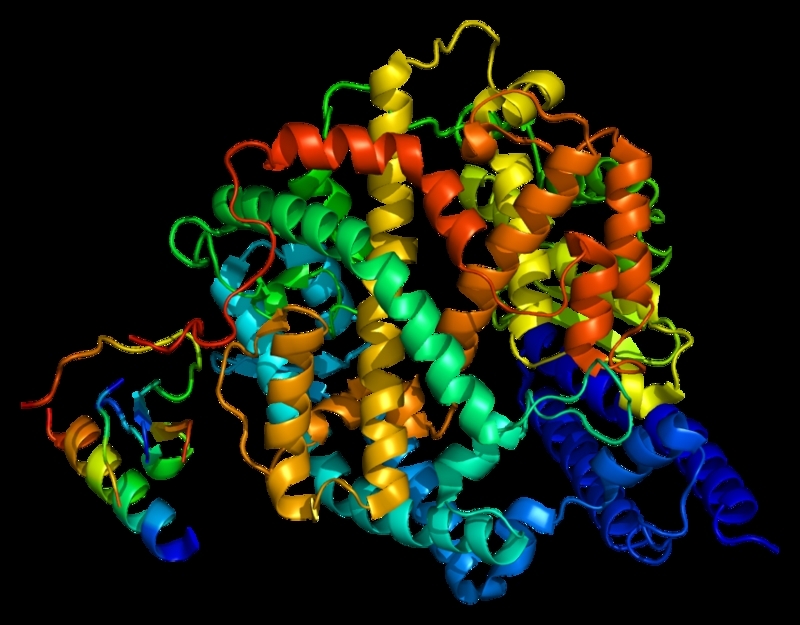
Brazilian researchers observed that in uninfected adipocytes, the hormone irisin altered the expression of genes that regulate ACE-2, which encodes a protein to which the virus binds in order to invade human cells.
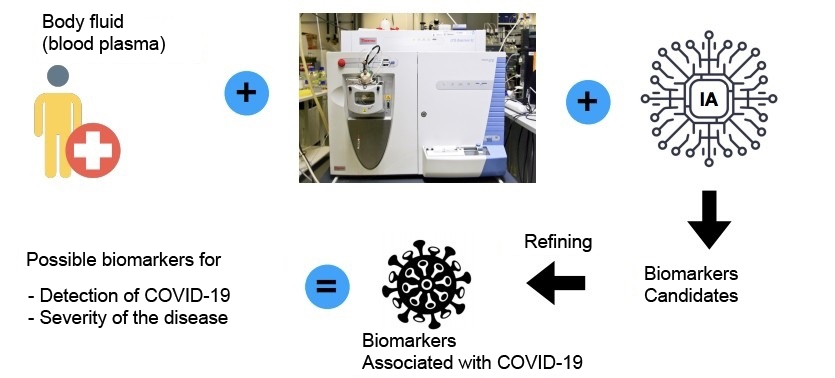
The automated system developed by Brazilian researchers is based on an analysis of patterns of molecules in patient blood plasma.

A study conducted at the FAPESP-funded Center for Research on Inflammatory Diseases (CRID) will identify key processes triggered by SARS-CoV-2 in human cells.

In a project supported by FAPESP, researchers at São Paulo State University (UNESP) will assess the potential of peptides and other bioactive molecules to inhibit the infection of cultured cells.
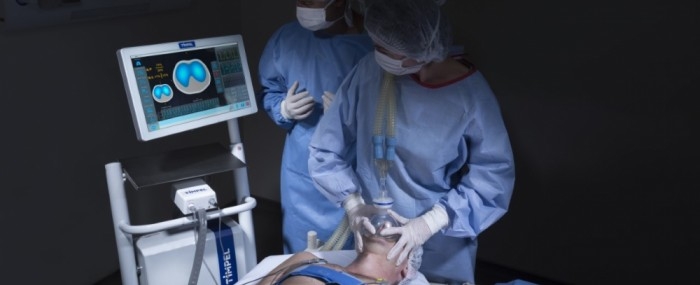
An electrical impedance tomography system was developed by a São Paulo-based startup to monitor the lungs of patients on mechanical ventilation uninterruptedly and noninvasively.
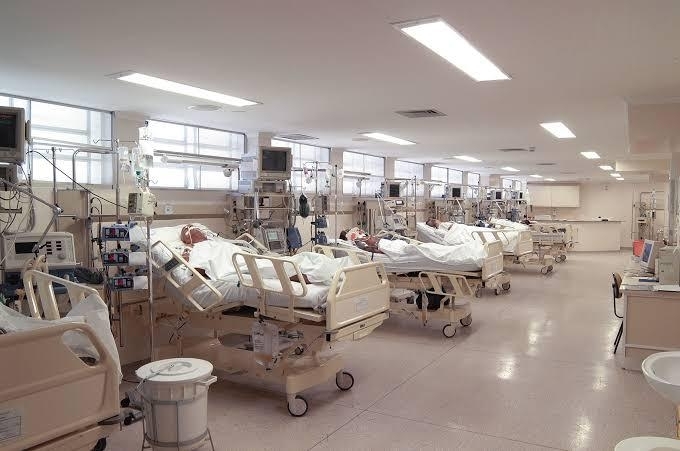
Benefits were observed in a clinical trial involving 38 volunteers treated at the teaching hospital of the University of São Paulo’s Ribeirão Preto Medical School. The drug is cheap and can shorten ICU stays but should not be used outside hospitals, the researchers warn.

A study is being conducted by a research center supported by FAPESP to determine whether people who develop severe forms of the disease have risk genes and whether asymptomatic people or patients with only mild symptoms have protective genes.

Specialists discussed the situation in a webinar held by Agência FAPESP and Canal Butantan. However, they stressed that achieving herd immunity should not be public policy, as clearly shown by the tragic death toll suffered in Manaus, the state capital of Amazonas.

The method identifies and distinguishes between flaviviruses that cause many diseases in humans and animals in Brazil.

Participants are members of the São Paulo arm of a study conducted in six Brazilian states beginning in 2008. The goal is to compare mental health before the pandemic to that during the pandemic in both healthy individuals and subjects suffering from anxiety and depression.

A study involving 13 patients requiring intubation for mechanical ventilation reinforces the theory that coagulation disorders resulting from an exacerbated inflammatory response to SARS-CoV-2 may explain some of the most severe symptoms of the disease.

A study of São Paulo city shows that neighborhoods with more hospitalizations and deaths from coronavirus coincide with areas whose inhabitants have been unable to shelter at home.

Applied to skin as a piece of sticking plaster, the device developed by Brazilian researchers can be used to monitor human metabolism and administer drugs.
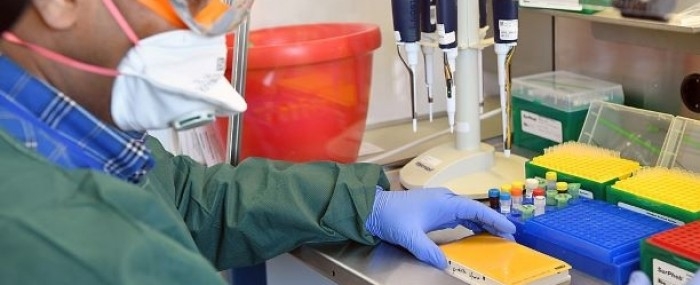
Through a project supported by FAPESP, the São Paulo-based firm is developing an RT-qPCR diagnostic kit in which all reactions take place in a single tube.
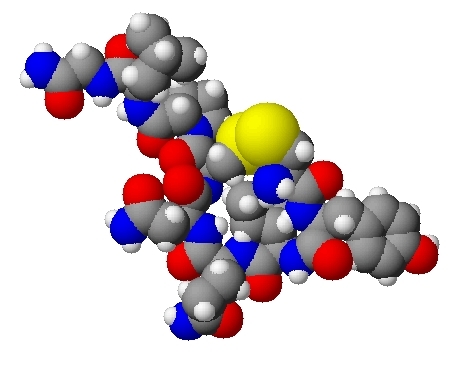
In a laboratory experiment with rats, Brazilian researchers succeeded in reversing natural processes associated with aging that lead to loss of bone density and strength.

Ten units of the device developed at the university’s Engineering School (POLI-USP) began operating at Hospital das Clínicas in July.
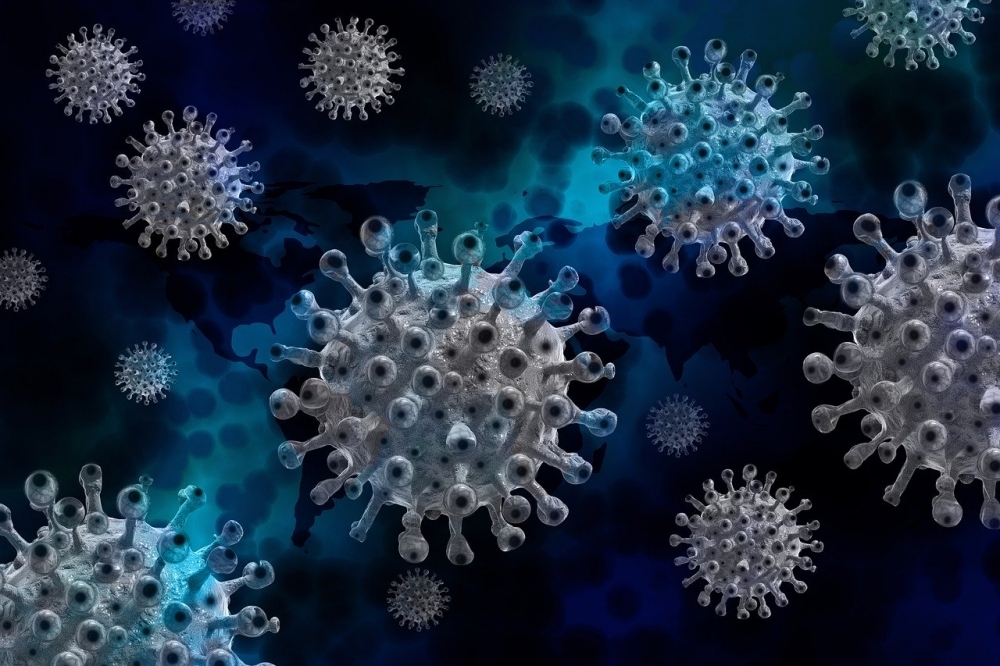
Researchers from Portugal, the UK and Brazil produced the estimate using a mathematical model that takes into account variations in the risk of catching the disease within different population groups. Despite being good news, the finding does not diminish the importance of non-pharmaceutical interventions to contain transmission, the authors stress.
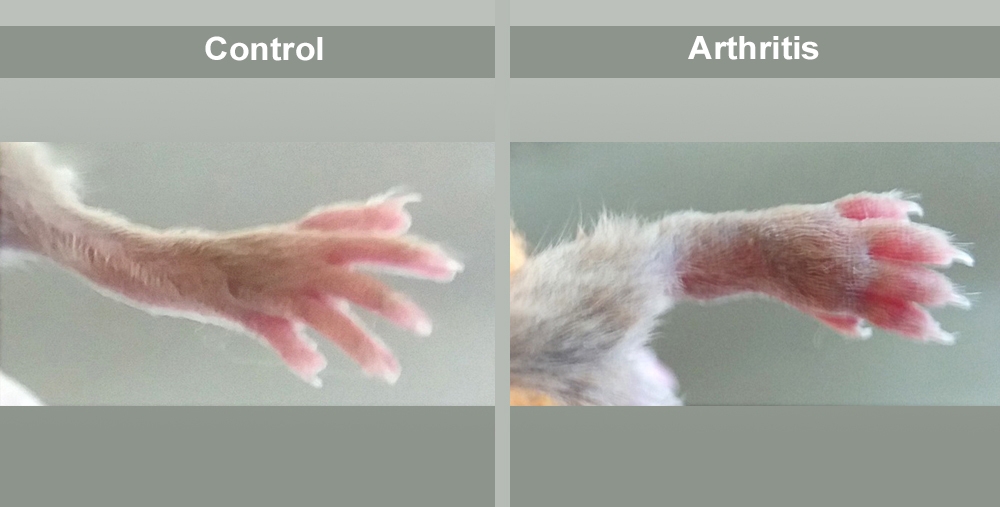
Tested in mice with genetically induced arthritis, the substance decreased the area affected, reduced local swelling, and assuaged the pain associated with the inflammatory process.
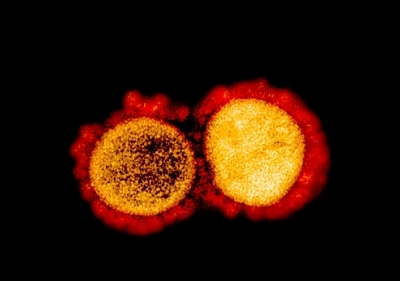
Autopsies performed on COVID-19 patients treated at the largest hospital complex in Latin America show that some died mainly as a result of cardiovascular alterations.